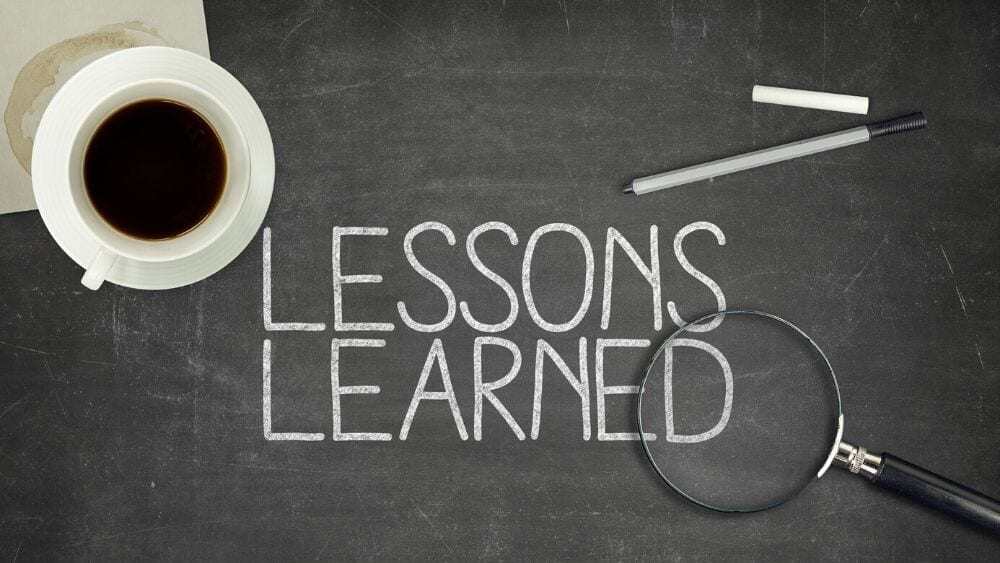1 min read
Finding that Elusive Big Gift
Whenever I attend a fundraising conference there is always at least one major gift seminar about how to find a donor who can give a six or seven...
2 min read
Richard Perry and Jeff Schreifels : March 2, 2020

Sixth in a Six-Part Series: What Should I Do If…?
Major gift fundraising is the toughest job in the non-profit sector. Think about it. Your job is to build relationships with 150 donors (and all the work that entails), and to help them find joy in their lives through their giving. You’re also building relationships with multiple people within your organization to help you serve those donors. In addition to that, often, you also have to record every interaction you have with a donor.
Whew!
This is why we have so many major gift officers asking us how to create balance in their lives as MGOs. Because it feels impossible – I get it. In almost every case, before we’ve started working with an MGO, they feel overwhelmed and stressed out. But as we start working with those MGOs, their stress and anxiety levels go way down over time. And they feel more balanced in their life.
Why is this happening? What’s the secret that we’ve discovered at Veritus? I’m going to outline for you how a stressed out, overwhelmed, out-of-balance MGO can seek wholeness in work and their personal life. These tips come from what we’ve learned, helping manage thousands of MGOs over the last two decades:
This alleviates the stress and anxiety that major gift officers are filled with as they reach out to people like us, asking how to balance their life.
Yes, you should still be exercising, eating right, meditating, and taking your vacation days. But the best thing you can do for yourself that will help you balance work and your personal life are the five points I just outlined.
How do I know this? Because we have years and years of proof that it works. Besides helping you with balance, this path will also help you to create beautiful relationships with donors, and your revenue will continue to grow year after year. When that happens, the stress and anxiety get replaced with fulfillment and joy in your work.
Jeff

1 min read
Whenever I attend a fundraising conference there is always at least one major gift seminar about how to find a donor who can give a six or seven...

As we work with thousands of front-line fundraisers, our team at Veritus gets to see how The Veritus Way of mid, major and planned gifts works itself...

Fifth in a Six-Part Series: What Should I Do If…?